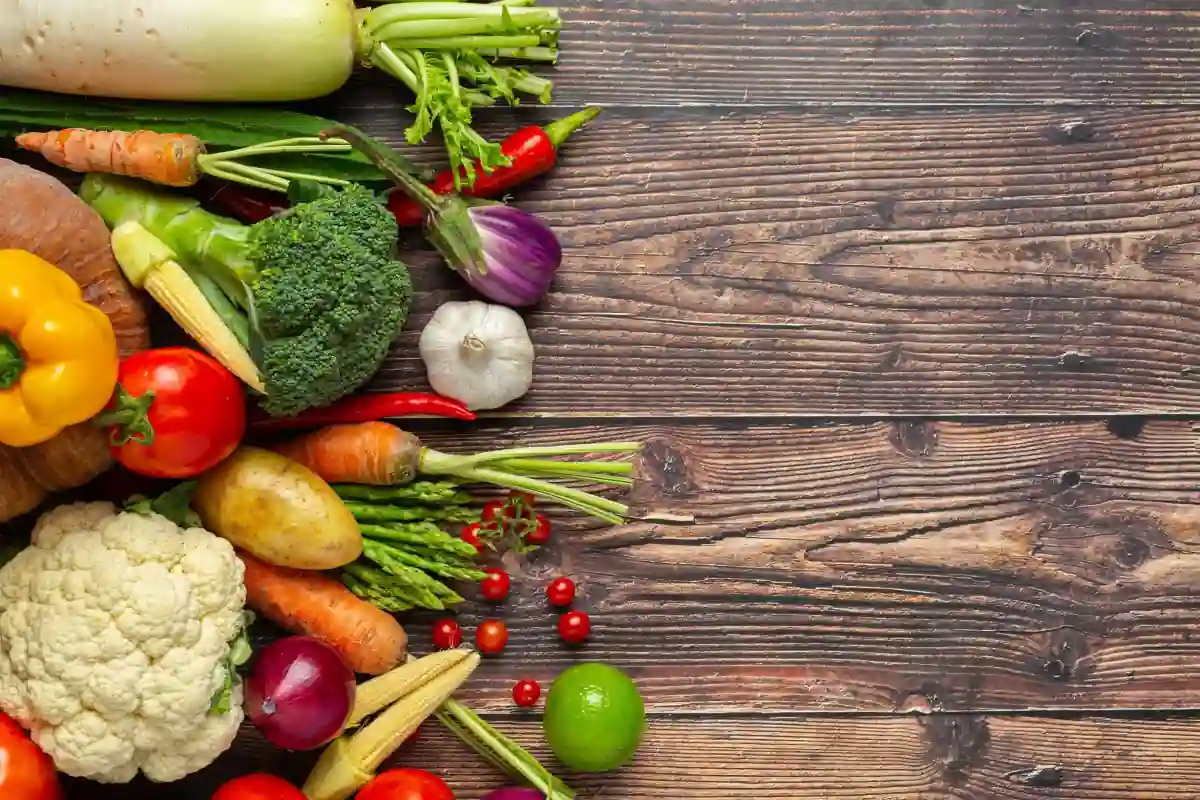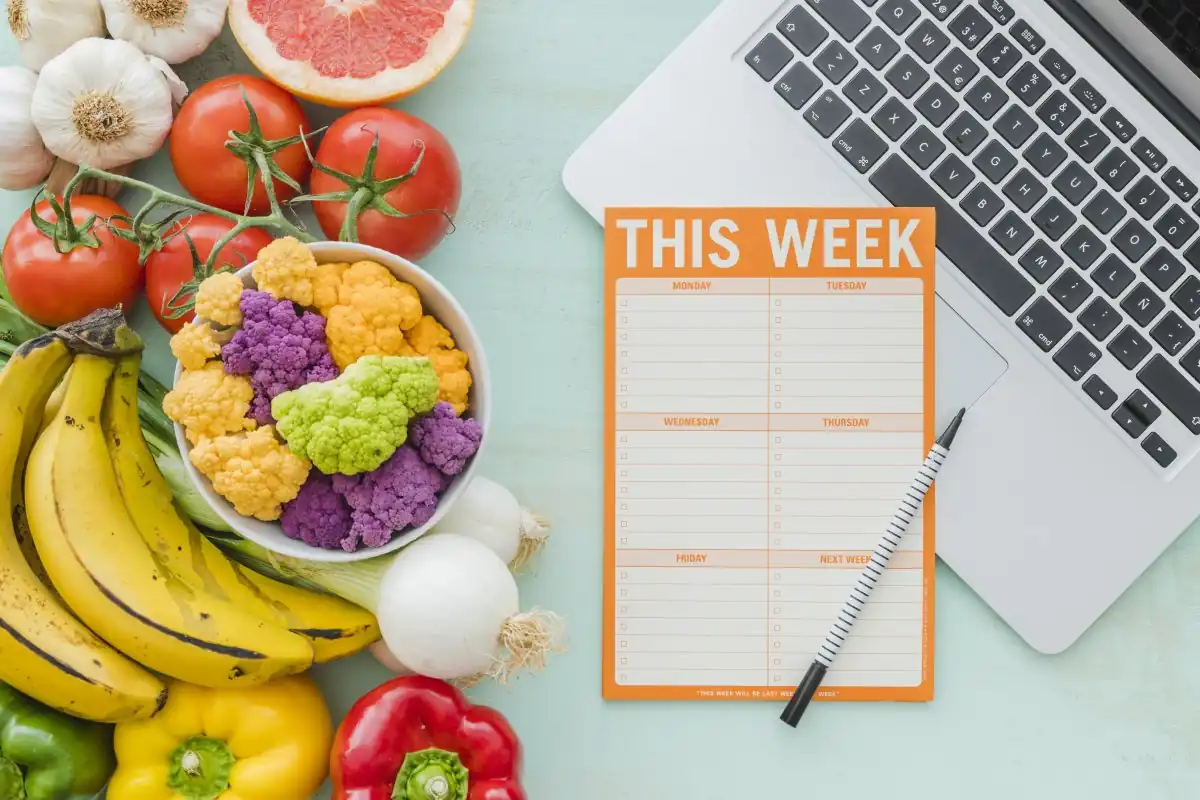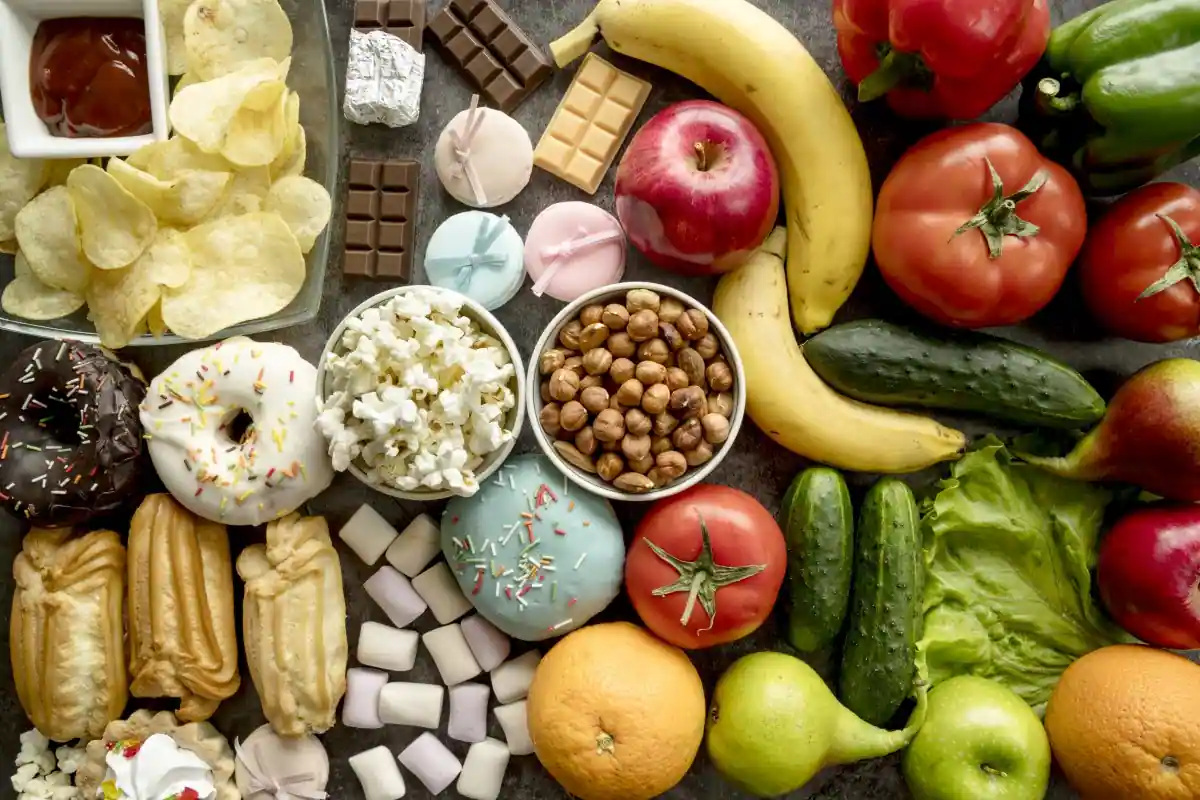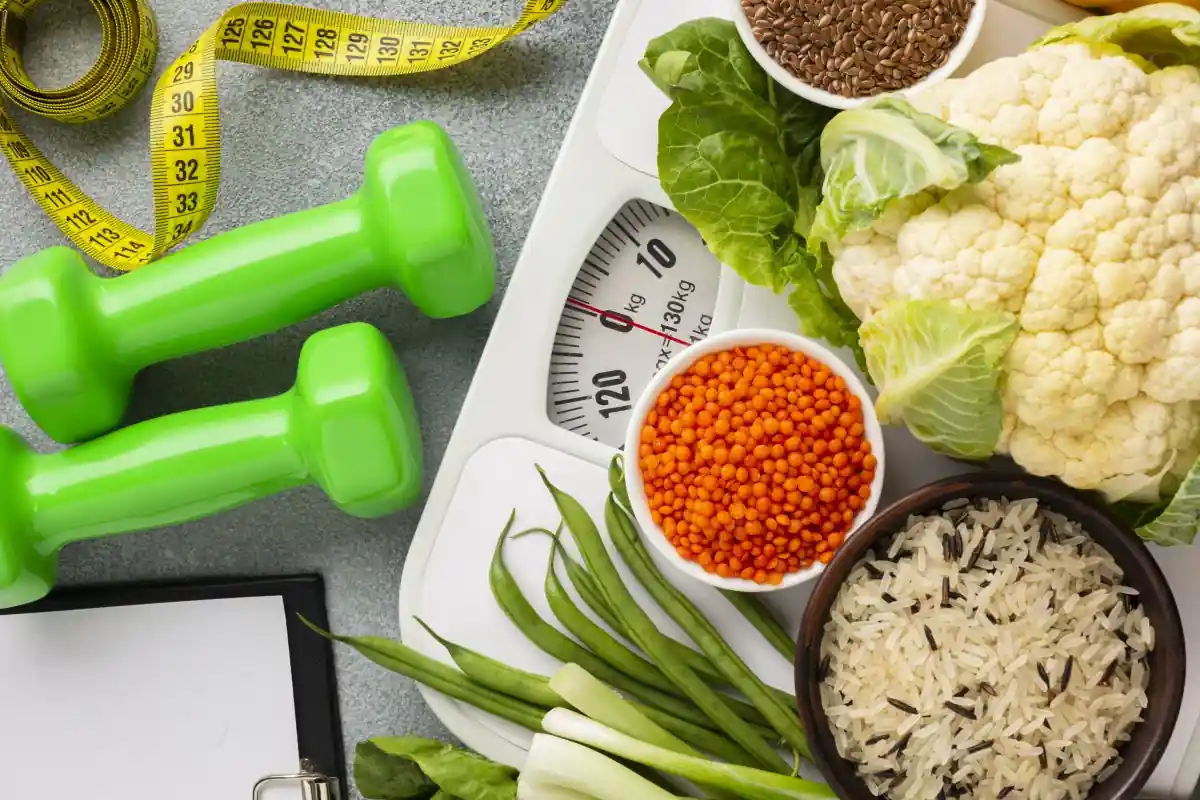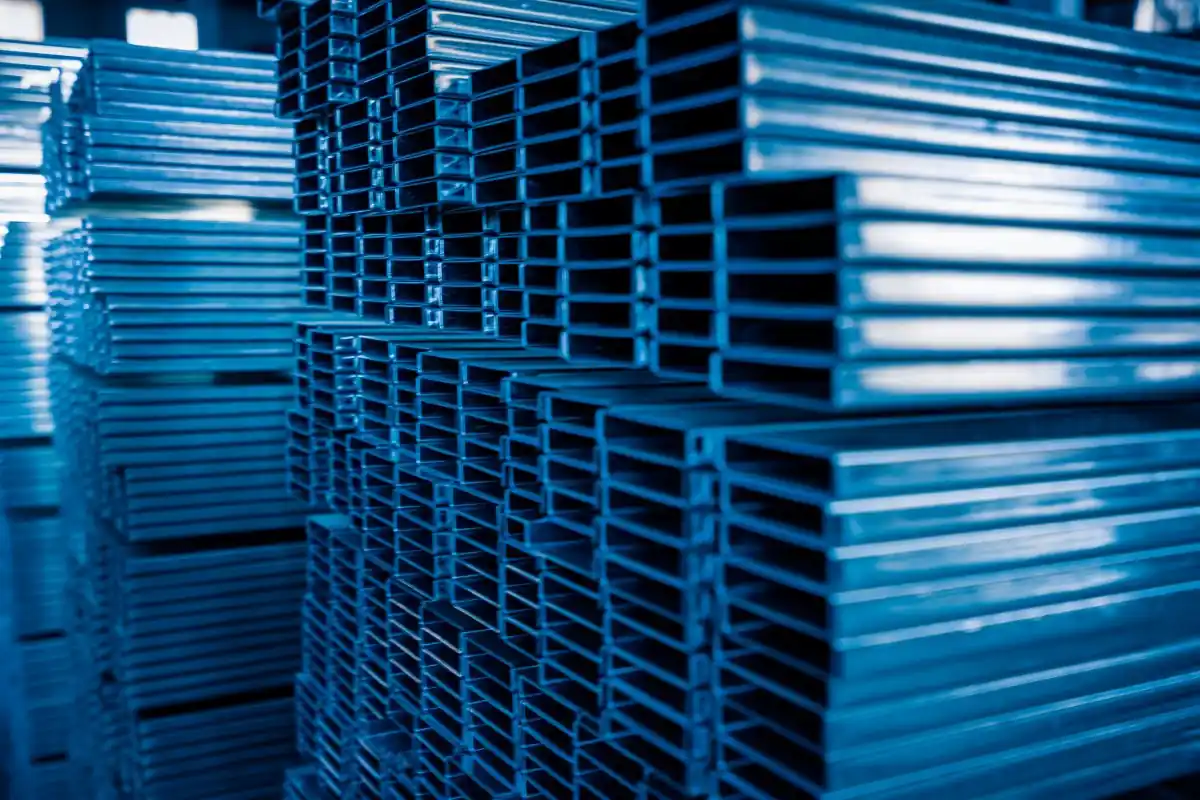
Let's Talk About Iron
Iron is one of those things that vegans can sometimes struggle to get enough of. Thankfully there are some really good concentrated sources of it.
Types of Iron
First, a bit on the mechanics of how iron works. There are 2 type: heme and non-heme. Heme is found in animal products, but also added to things like Impossible Burgers. Heme iron can easily pass through your digestive system and into your blood stream. This can be good, but also bad since you can absorb too much, more on that later. Non-heme iron, which is found in plant based food, does not absorb so easily, but your body can also regulate how much it takes in.
Iron Absorption
Having Vitamin C present in your gut at the same time as non-heme iron boosts its absorption by a huge amount, so when eating something with iron, always have some fruits and vegetables along with it. While Vitamin C greatly helps with absorption of iron there are certain things which can inhibit it. A deficiency in some B vitamins (B2, B6, and B9) can inhibit iron absorption, you can get these from dark leafy greens, legumes, whole grains, seeds, and nuts. Excess and not enough zinc can also inhibit iron absorption through different mechanisms. If you need more zinc, pumpkin seeds are a great source along with quinoa and legumes. Finally polyphenols in coffee and tea can bind to iron in your gut and prevent you from absorbing it. To avoid this don’t drink coffee or tea for an hour before and after meals.
Plant Based Sources of Iron
Where can you find iron in plants? For starters, basically everything in a WFPB (whole food, plant-based) diet has some amount of iron in it. For example, a serving of blackberries contains 4% of the recommended daily amount of iron. Some plant-based sources contain much more though. All legumes and whole grains have good amounts in them, lentils however have more than any other. Some fruit, like gogi berries, apricots, prunes, and pomegranate have decent amounts. The highest sources of iron would be black strap molasses and natural processed cocoa powder (not to be confused with dutch processed coca powder). Tablespoon amounts of these contain large doses of iron. For example, for the products I use, a single tablespoon of cocoa powder has 11% of the recommended daily amount of iron and the molasses has a whopping 17%. And that’s for 15 and 60 calories respectively! Adding these to a well balanced diet full of legumes and whole grains should keep your iron needs covered. Here are some good sources of iron:
- Legumes (especially lentils)
- Whole Grains
- Natural Processed Cocoa Powder
- Black Strap Molasses
- Gogi Berries
- Apricots
- Prunes
- Pomegranate
Too Much Iron?
At the start of this post, we talked about heme iron vs non-heme iron and that heme iron had a higher absorption rate. Should we favour heme iron instead of non-heme iron since we absorb it easier? The problem comes from the fact that your body cannot regulate heme iron intake. For people eating a lot meat, this can lead to them having excess iron in their blood. This excess has been linked with memory loss as you age,and diseases like Alzheimer’s, and dementia.
Why does it have that effect? Iron (and some other metals you need to consume like copper), will rust when it oxidizes, that is when it comes into contact with oxygen. It does the same thing in your body, and this then has very negative impacts on your brain. With non-heme iron, our body will not get overloaded with excess iron. This is also why I would recommend trying to get your iron solely through dietary sources and not supplements if you are not iron deficient. Some people, menstruating women and others due to genetics, can just always have low iron levels. Prior to taking supplements, try to correct your iron levels through diet and consult with a medical professional.
Although oxidizing iron may sound scary, our body does need it to function properly, so don’t avoid iron, just make sure you aren’t over consuming it either. Is there a way to help prevent the oxidizing of metals? Yes! You may have heard of antioxidants before, like in blueberries, black beans, red cabbage, red onions, and beets for example. These contain anthocyanin, which is an antioxidant. As the name suggests, they are antioxidants - so they help prevent the oxidizing of metals in your body. While they already have a number of amazing health benefits this is another thing you can add to the list of their awesomeness. So eat those antioxidants! Fun fact, anthocyanin, the thing that makes blueberries the colour they are.
